Keinosuke Uekusa
출생 : 1910-03-05, Tokyo, Japan
사망 : 1993-12-19
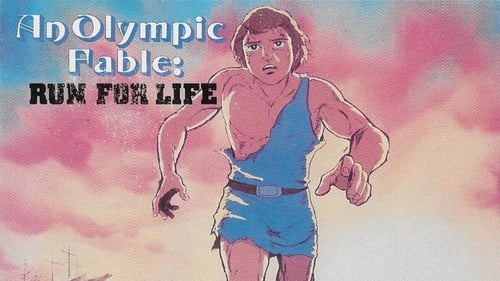
Writer
Hashire Melos! is the title of two Japanese animated films. The first was directed by Tomoharu Katsumata and released on Japanese television on February 7, 1981. It was either 68 or 87 minutes long, and its official title did not include the exclamation mark on the end. The second, with the exclamation mark, was a 107-minute remake of the first and was released on July 25, 1992. It featured direction and screenplay by Masaaki Osumi, music by Kazumasa Oda, art by Hiroyuki Okiura and Satoshi Kon, and background art by Hiroshi Ohno. Both were produced by Toei Company Ltd. Visual 80, and both were based on the original short story written by Osamu Dazai in 1940.

Screenplay
School teachers responsible for the lives of their students work to evacuate Allied bombings near the end of WWII.
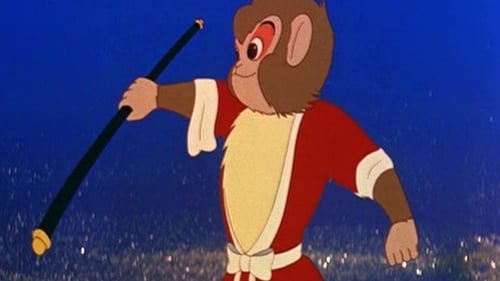
Screenplay
A monkey king who learns the secrets of magic goes on a spree and causes no end of aggravation for the gods, who finally imprison him. In order to make up for all the trouble he's caused, he is sent on a mission to accompany a prince who is the son of the gods on a journey through a land filled with dangers, monsters, cannibals and demons.

Writer
A taxi driver hits a woman on the streets. He takes care of her while she gets better. While realizing they're both at a brink in their lives they'll start falling for each other against their odds.

Screenplay
A drama about relations between Japanese immigrants and the indigenous Ainu on Hokkaido, the most northerly island of Japan. From a novel by Taijun Takeda.

Screenplay
After graduating from a high school in the Seto Inland Sea, Koji, a childhood friend of Yaeko, went to Tokyo to enter university wearing a heartfelt sweater.

Screenplay
Kanae, who broke up with her husband and moved to her uncle's house, met two men when her father, a university professor, collapsed. Michihara, a wealthy man and Miyashita, a youth scholar. Kanae is attracted to Miyashita, but ...

Screenplay
A Hibari Misora musical about an impoverished girl and her brother in Postwar Japan.
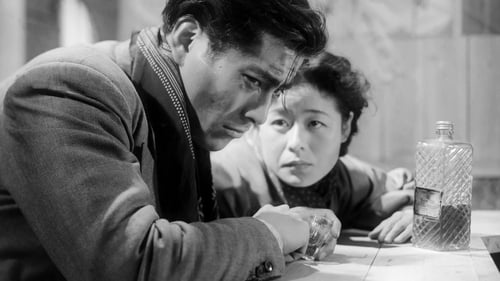
Writer
전후의 일본, 한차례의 세력 다툼이 있은 후, 두목이 된 젊은 야쿠자가 알콜 중독자인 의사에게 치료를 받는다. 의사는 그 젊은이에게 결핵이라는 진단을 내리고 치료할 것을 권하며 곧 두 사람 사이에는 묘한 우정이 싹튼다. 하지만 얼마 후, 감옥에서 출소한 이전의 두목이 자신의 자리를 되찾으려 하면서 그 젊은 야쿠자는 곤경에 처하게 되는데...
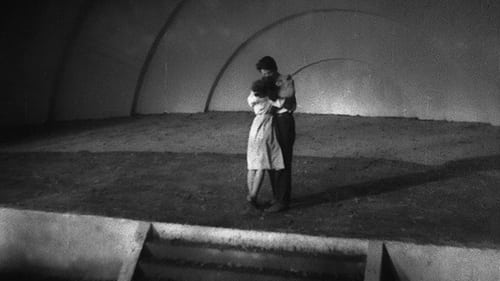
Screenplay
전쟁의 상흔이 가시지 않은 도쿄. 친구 하숙집에 얹혀 사는 유조와 언니 집에서 열여섯 식구와 함께 사는 마사코는 일주일에 한 번, 일요일의 데이트가 유일한 즐거움이다. 맛있고 값도 싼 ‘히아신스’라는 이름의 커피숍을 여는 것이 꿈인 두 사람. 하지만 현실은 비참하기 그지없어, 수중에 가진 돈이라곤 35엔이 전부다. 모델하우스도 구경해 보고, 세가 싸다는 아파트도 보러 가지만, 두 사람의 형편으론 그 어느 곳도 무리일 뿐이다. 유조의 친구가 경영하는 카바레에서도 냉대받고, 비를 맞으며 보러 간 연주회는 암표상이 표를 다 사 버려 매진이다. 그러나 두 연인들은 희망을 잃지 않고, 또 다시 내일을 준비한다.
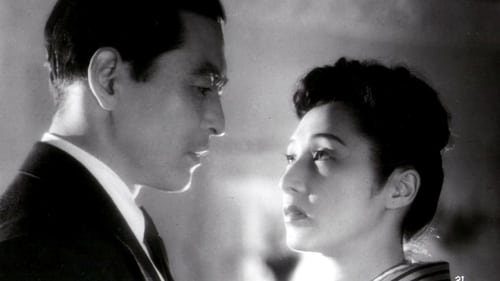
Adaptation
A romance with political overtones about the relationship of a sheltered bourgeois woman and a doctor who devotes himself to caring for the poor. Over a ten-year period - from 1936 through the war - they find each other and are separated again by the events of those tumultuous days.

Writer
This is Kanjûrô Arashi's first film with Nikkatsu after his independent production company went bankrupt (many of these independent companies went bankrupt shortly after the transition to sound). As he is mostly famous for his portrait of Kurama tengu (and on the other hand, he's the definitive actor for Kurama Tengu as well), Nikkatsu made another version of Kurama tengu, co-directed by Masahiro Makino & Sadatsugu Matsuda who are both sons of Shozo Makino. Scripted by Yoshitake Hisa, a jidaigeki specialist who later scripted several Toei All-Star Jidaigeki.










